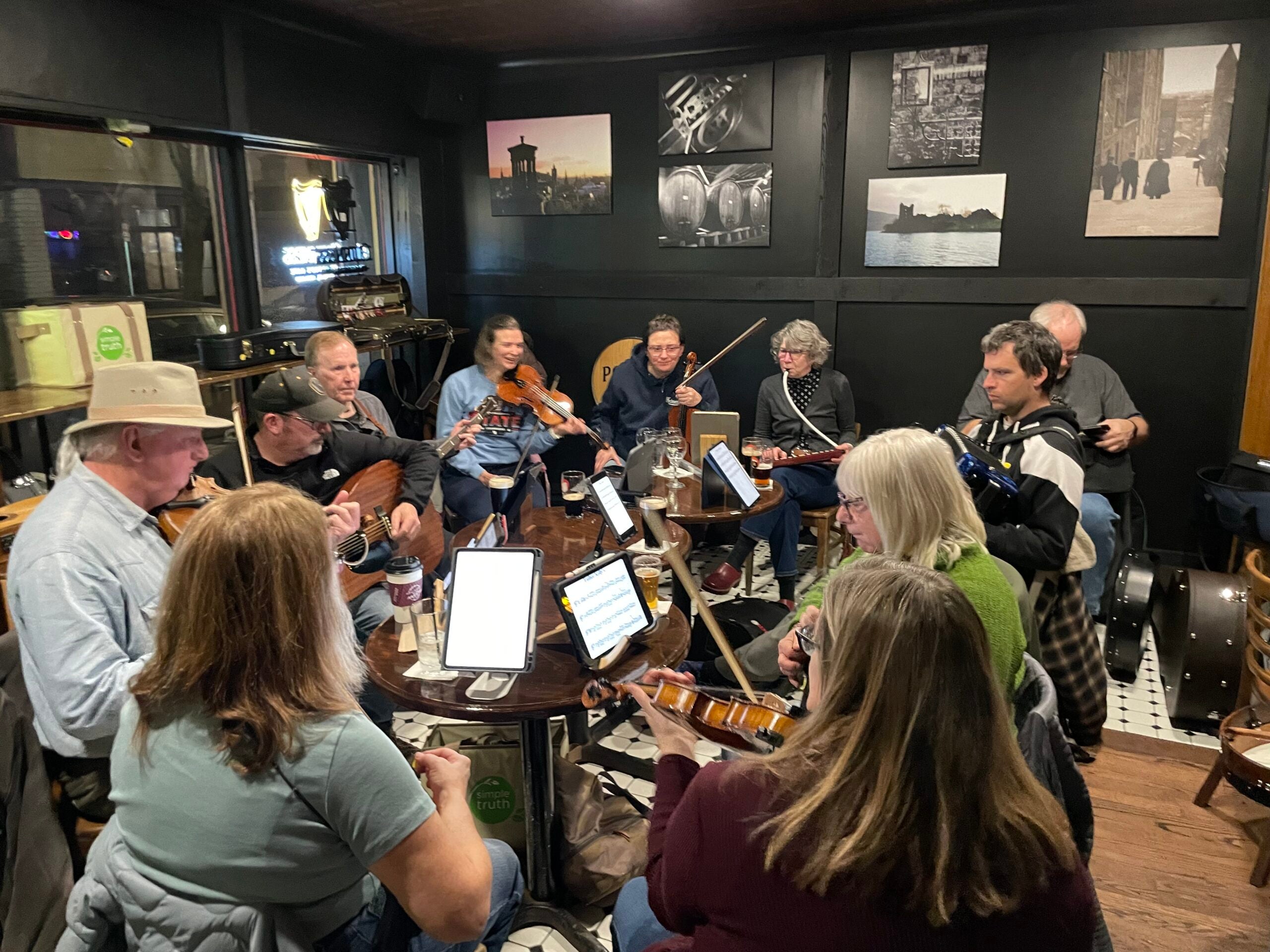May 4th, 1908, 64-year-old Nikolai Rimsky-Korsakov was telling a friend about a music treatise he had begun and laid aside. They spoke about the details of composing but, as the evening progressed, the composer and his friend became increasingly reflective.
As a rule, Rimsky-Korsakov said it must always be remembered that a melody in octaves should be scored for instruments of the same timber, otherwise the octaves will not sound good. “And yet,” he continued, “a melody in octaves given to the top register of the flutes and the bottom register of the oboes and violins doesn’t sound bad.”
It was after midnight by the time the evening of music talk came to an end. His friend moved solemnly toward Rimsky-Korsakov and said “And now accept this kiss from me — the kiss of Judas, according to Oscar Wilde. For I am your future biographer, and in Wilde’s opinion, the biography of a great man is always written by a Judas.”
News with a little more humanity
WPR’s “Wisconsin Today” newsletter keeps you connected to the state you love without feeling overwhelmed. No paywall. No agenda. No corporate filter.
“Don’t believe him, my dear friend,” Rimsky-Korsakov replied. “They’re all fools.”
Less than a month later Rimsky-Korsakov was dead. His friend’s biography, in the form of journal entries, began publication in 1917. But only about a quarter of the memoir had seen print when the Russian Revolution cut it short. It was not until 1959 that the entire biography finally was published.
Ironically, the only issue on which Rimsky-Korsakov and his friend had not seen eye-to-eye was the politics of revolution. In 1905 Rimsky-Korsakov had sided with the students and workers opposing the Czar’s policies. His friend had been moderate, while Rimsky-Korsakov came to describe his own politics as “vivid red.”
Wisconsin Public Radio, © Copyright 2026, Board of Regents of the University of Wisconsin System and Wisconsin Educational Communications Board.



